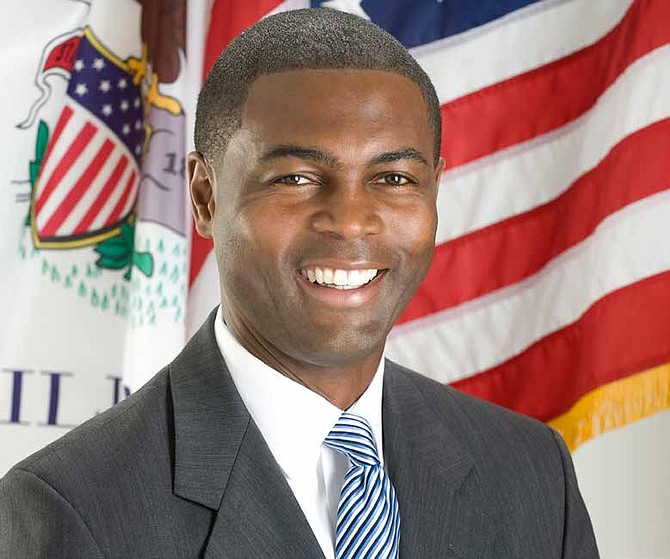STATE REPRESENTATIVE FORD WEIGHS IN ON REDISTRICTING, CENSUS
Illinois State Representative LaShawn K. Ford believes bolstering Census efforts should begin now for 2030. Photo provided by LaShawn K. Ford
the 2020 Census data.
people, so those communities’ numbers are not accurately reflected in the Census data. That impacts the resources and the number of representatives from communities that are hard-to-count.
as well as city council and other County governments,” he said.
look forward to the day when we can be counted as a full citizen of this country and make demands that our communities are better served,” he said.
will help increase the number of people counted, the same way voting is taught as part of Civics.
incarcerated at their last known address instead of where they are incarcerated. It would start in 2030, making Illinois the 10th state to count prisoners at home. It could mean those Census numbers
would return to communities where resources are lacking.
Latest Stories
- Comcast Launches NOW – a New Brand and Product Portfolio that Redefines Low-Cost Internet, Mobile, and TV
- Wards365 Announces Summer50 Fest on Saturday, May 18 at United Center City-Wide Resource Festival focused on Summer Activities for Youth and Families
- The Magic Of Alvin Ailey Comes To The Auditorium Theater
- BOSS Impact Funds Gives Black Women Entrepreneurs Access To Capital
- Closing the Black Maternal Health Gap Is At The Center Of Organization’s Work
- Praize Productions’ Production Shows That ‘Black Love Reigns Supreme’
- Chicago Public Schools Announces 2024-25 Preschool Application Launch
- State Treasurer Michael Frerichs Pushes to Reunite Residents with Unclaimed Property, Missing Money
- Gov. Pritzker Announces New Illinois Grocery Initiative Grant Opportunity
- MAYOR JOHNSON ANNOUNCES NEW APPOINTMENTS TO CITY COLLEGES OF CHICAGO BOARD OF TRUSTEES
Latest Podcast
Sydney Blaylock-The local skater with national experience

